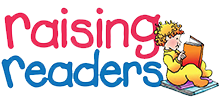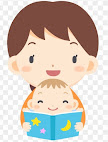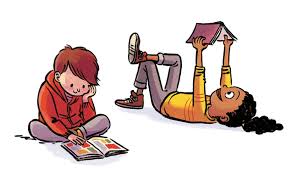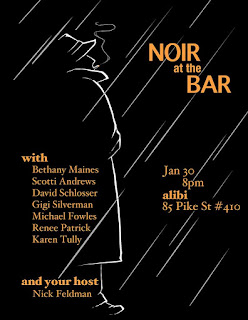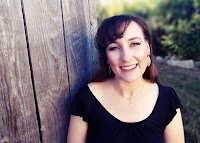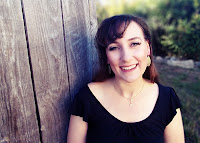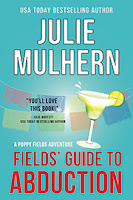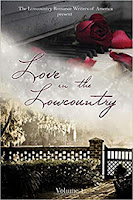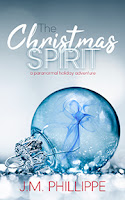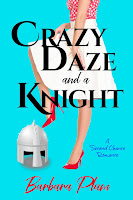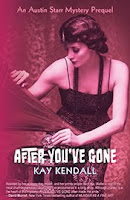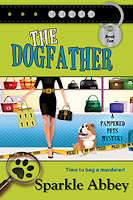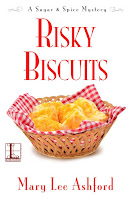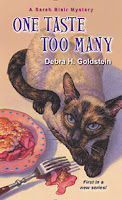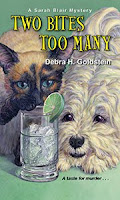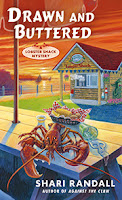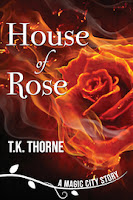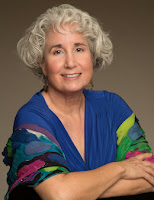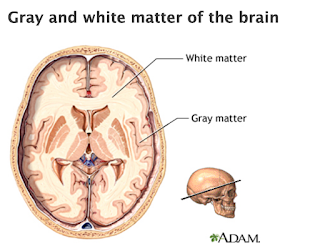Writer, humanist,
dog-mom, horse servant and cat-slave,
Lover of solitude
and the company of good friends,
New places, new ideas
and old wisdom.
Human beings were not designed to read.
When you think about it, the act of reading is an astonishing accomplishment. It’s a complex mix that involves:
• Recognizing symbols
• Relating them to sounds and spoken language
• Extracting meaning
And we’ve only been reading for a short time (5000 years)—too short for the brain to have evolved for that purpose. The conclusion of scientists is the area of the brain (the left occipital-temporal cortex, if you’re interested) that seems to coordinate this amazing process has reorganized itself to take on the task.
We’ve known from people who have experienced brain damage, such as from a stroke, that the brain can rearrange itself, a process called neuroplasticity. When one area is damaged, new areas can take on a task that was previously relegated to another area. Researchers have long thought that this flexibility lessens with age. But this region changes even in adults who learn to read, showing that “this area is responsive to learning throughout life.”[Italics mine.]
If you are–[clearing throat]–beyond the stage of youth, as I am, that is very cool news!
But wait, there’s more!
Reading, according to cognitive neuropsychologist David Lewis, is not just a distraction and entertainment. It’s “an active engaging of the imagination as the words on the printed page stimulate your creativity and cause you to enter what is essentially an altered state of consciousness.” In other words, when you read a novel, you become the person you are reading about in a very physical way.
Another neurologist Gregory Berns, says, “neural changes associated with physical sensation and movement systems [happen while people are reading and] suggest that reading a novel can transport you into the body of the protagonist. . . . We already knew that good stories can put you in someone else’s shoes in a figurative sense. Now we’re seeing that something may also be happening biologically.”
So there’s a reason why when you’re reading that good book, you loose awareness of the present. Your mind is putting you in the world of the story!
Studies have found that learning new skills, including reading or a second language creates new white matter in the brains of children and adults. White matter acts as a kind of fast neural subway, connecting different regions of the brain to one another. It plays a role in language ability, memory, and visuo-spatial construction. Diseases of white matter are linked to cognitive and emotional difficulties. (By the way, other activites also result in increases in white matter functioning, including meditation, weight-resistance training, and practicing a musical instrument.)
Since the beginning of time, stories have allowed us to test run situations and experience emotions without the real consequences of living them. Reading may even make us more human, enriching our skills of empathy. One study found that readers of literary fiction excelled at tests involving understanding other people’s feelings.
Reading makes us generally more intelligent. In fact, recent scientific studies have confirmed that reading and intelligence have a relationship so close as to be symbiotic. Reading increases fluid intelligence)—the ability to solve problems, understand things and detect meaningful patterns. It also helps with reading comprehension and emotional intelligence.
And here’s a final thought, going back to the idea of the human mind figuring out how to see and process written words by rearranging the organization of our brain. I don’t know about you, but that puts brains pretty high on my list of amazing things. But here’s the mind-blowing part, courtesy of scholar Maryanne Wolf—that reorganization, in turn “expanded the ways we were able to think, which altered the intellectual evolution of our species.”
I feel the honor and responsibility of writing something like Last Chance for Justice, the nonfiction story of the Birmingham church bombing case, an incident that changed the path of civil rights around the world. But sometimes I wonder if I am making any kind of difference when I write fiction, and perhaps fellow novelists feel this too. Now we know. As a writers and storytellers, we are helping to make minds healthier, humans more human, and advancing the intellectual evolution of our species. That’s good enough for me!

T.K. Thorne’s childhood passion for storytelling deepened when she became a police officer in Birmingham, Alabama. “It was a crash course in life and what motivated and mattered to people.” In her newest novel, HOUSE OF ROSE, murder and mayhem mix with a little magic when a police officer discovers she’s a witch.
Both her award-winning debut historical novels, NOAH’S WIFE and ANGELS AT THE GATE, tell the stories of unknown women in famous biblical tales—the wife of Noah and the wife of Lot. Her first non-fiction book, LAST CHANCE FOR JUSTICE,
the inside story of the investigation and trials of the 1963 Birmingham
church bombing, was featured on the New York Post’s “Books You Should
Be Reading” list.
T.K.
loves traveling and speaking about her books and life lessons. She
writes at her mountaintop home near Birmingham, often with a dog and a
cat vying for her lap.
More info at TKThorne.com. Join her private newsletter email list and receive a two free short stories at “TK’s Korner.”

